On Thursday, the executive board of the World Bank approved a new strategy for the organization's interactions with the Afghan people, one that would allow for the availability of fresh funding, estimated to be worth $300 million, independent of the Taliban government.
The Bank said in a statement that its new approach to Afghanistan, known as "Approach 3.0," will also bring back to life a regional infrastructure project that was put on hold when the Taliban took over the South Asian nation in August 2021.
Subject to additional board approval, the International Development Association (IDA), the World Bank's lending arm for some of the world's poorest nations, will make around $300 million accessible over the next 15 months under the proposed method, a spokesman told AFP.The extra financing, the Bank said in a statement announcing the board decision, will be used "through grants to United Nations agencies and other public international organizations," similar to how previous World Bank funding in the nation is used.
"These funds will continue supporting basic services nationwide, particularly those benefiting women, and will be outside the control of the Interim Taliban Administration (ITA)," said the statement.
The Taliban regime has enforced a rigid version of Islam since regaining control in August 2021, with regulations that the UN has dubbed "gender apartheid" mostly targeting women. As a result, financing for Afghanistan has been drastically reduced or stopped by several nations, international organizations, and relief groups, with terrible economic effects.
Afghanistan's GDP shrank by more than 20 percent in 2021 and more than 6 percent in 2022, according to projections from the World Bank.
Ninety percent of the nation's food aid comes from the World Food Programme, which recently informed AFP that it anticipates that about 16 million Afghans would require aid this winter, with 2.8 million experiencing an emergency degree of food insecurity. Approach 3.0, according to the World Bank, will carry on with its "principled approach" to working with the Taliban government, which "puts women at the center of projects and ensures that project activities are implemented by and for women."
- Continuing the regional project -
The World Bank also authorized the restart of the $1.2 billion CASA-1000 sustainable energy project on Thursday. Tajikistan, Kyrgyzstan, and Pakistan are the three neighboring nations of Afghanistan.
"Construction in the other three participating countries is nearly complete and these countries have requested that CASA-1000 activities in Afghanistan resume to avoid the risk of the project becoming a stranded asset," the World Bank stated. It further said that this initiative, like the IDA financing, would be implemented in a manner that guarantees it does not involve the systems of the Taliban administration.
An source with knowledge of the situation claims that the World Bank employed over 80 people in Afghanistan prior to the Taliban taking control and forcing them to go.
According to the source, a few of them went back to work in Kabul over a year ago.
End//voice7news.tv



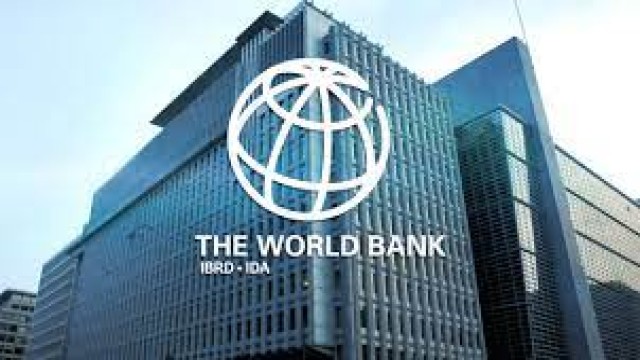
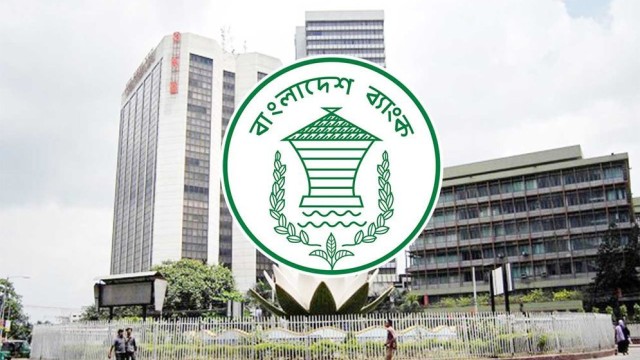



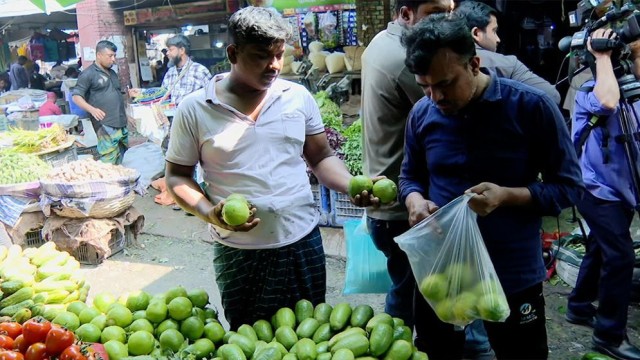






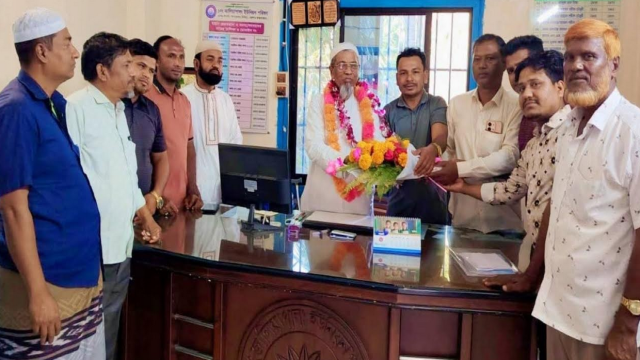
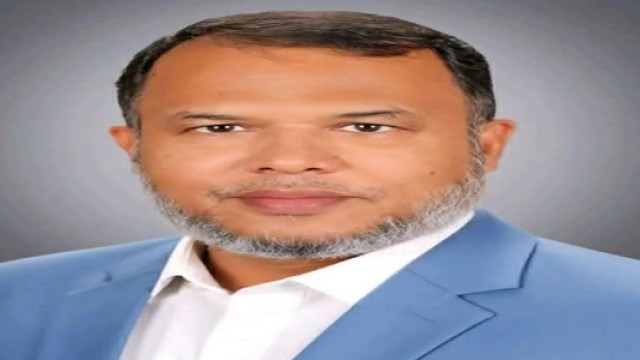

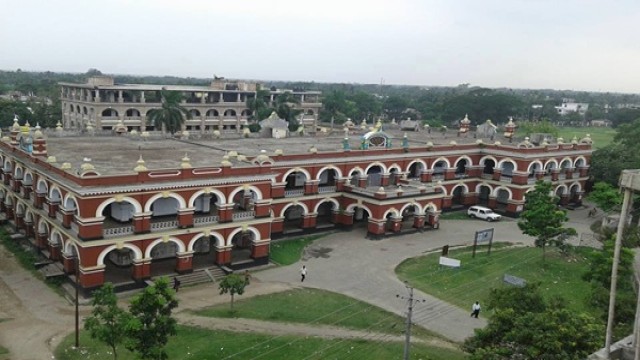






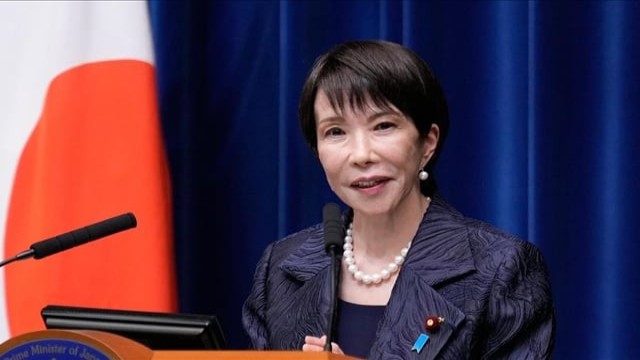


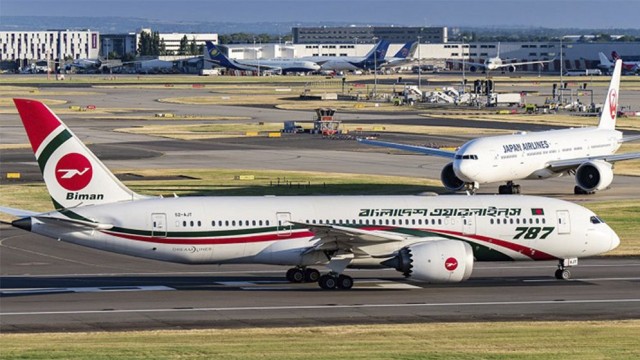
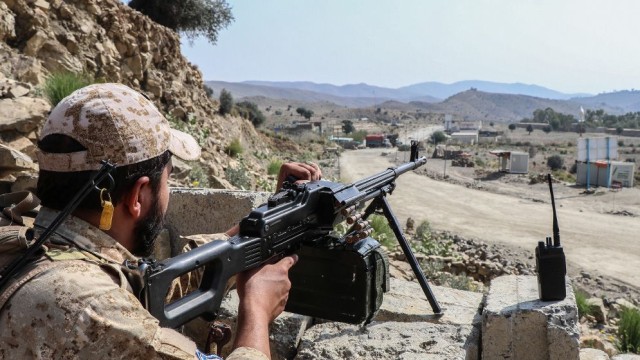
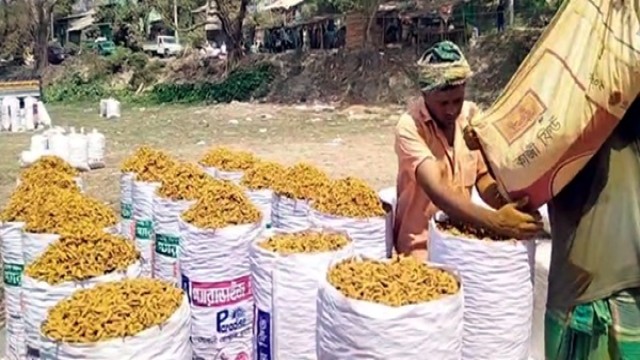
Comment: